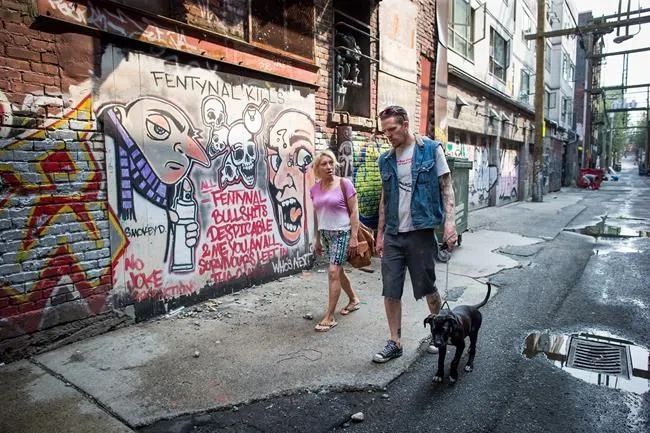
Peer support workers on front lines of the OD crisis need support too: Experts
VANCOUVER — Trey Helten has known almost every one of the 50 or so people he has treated for overdoses on Vancouver’s Downtown Eastside since February.
As a former heroin and methamphetamine user who lived in the neighbourhood for three years before getting clean and returning “to do something positive,” he’s one of many peer support volunteers and workers playing a vital role in stemming the overdose crisis that has devastated the province.
Unlike professional workers such as paramedics and firefighters, Helten and many peer support volunteers are dealing with the loss of their friends, with no formalized supports in place.
“It would be nice if we had regular access to some sort of 24/7 counselling down here. I just knew one participant who came back from his tent and found his girlfriend dead from an overdose. And he didn’t really have anyone else to talk to. It just encourages the cycle (of drug use),” he said.
